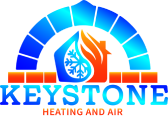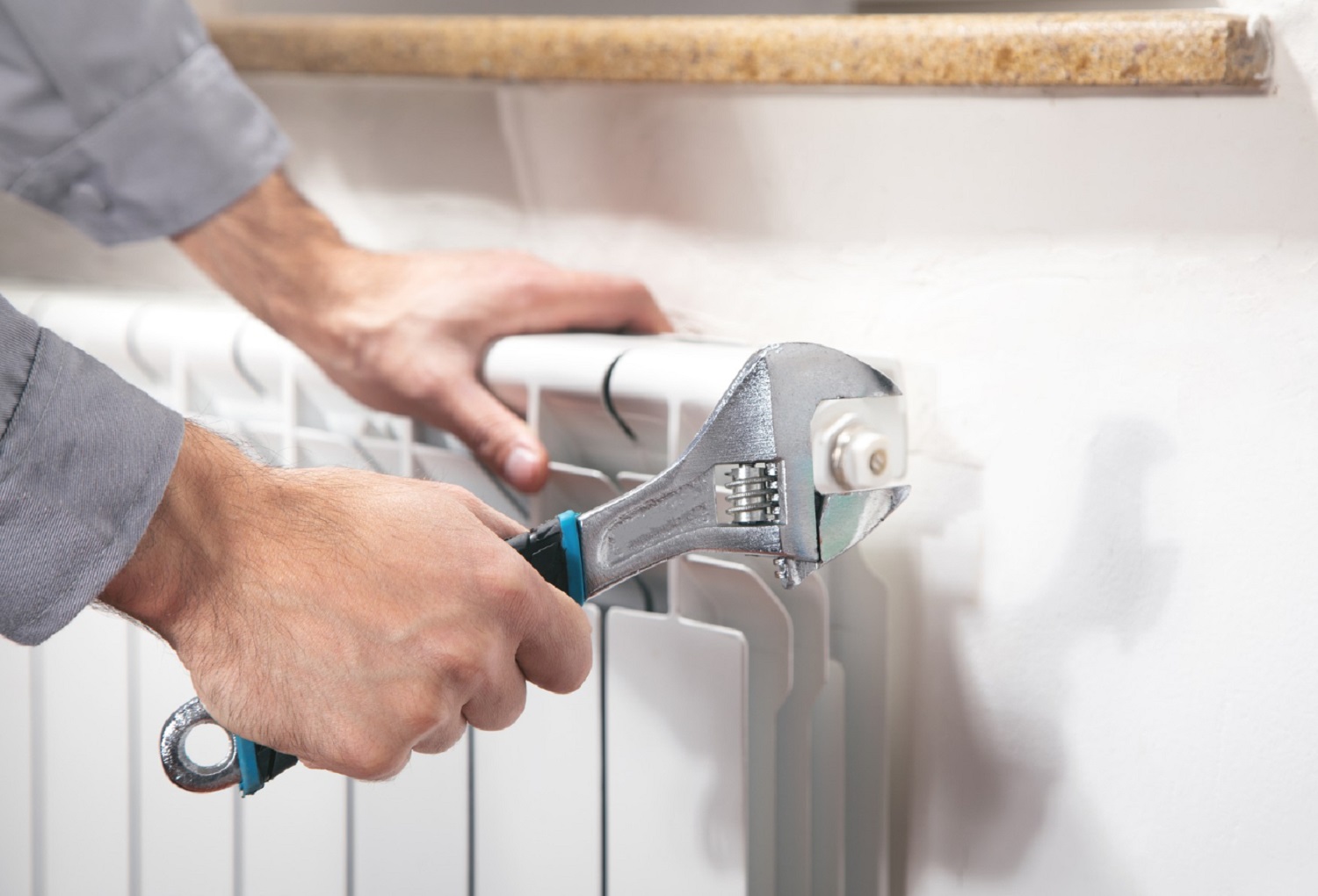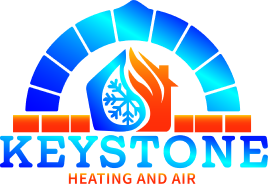A whistling noise coming from your heating system can be more than an annoyance. For many homeowners in West Jordan, it’s a sign that something is not quite right within the system. If you’ve noticed a high-pitched sound when your heater turns on or runs, it likely means your equipment is working harder than it should be. This can lead to comfort issues and rising energy bills if left unchecked.
When your heating system is functioning properly, it should operate quietly in the background. There might be the occasional click or soft hum, but whistling isn’t normal. Diagnosing these sounds early can help stop small problems from becoming expensive repairs. Let’s take a closer look at why these noises happen and what to check first.
Common Causes Of Whistling Noises In Heating Systems
That whistling sound usually points to some type of airflow problem. The heating system is designed to move air smoothly from one part of the system to the vents in your home. When airflow is disrupted, pressure builds up and creates noise. Here are some of the most common reasons that happens:
1. Blocked Vents
– Closed or covered vents are one of the easiest problems to fix. If there’s a rug, furniture, or storage box blocking a vent, the heated air doesn’t have a clear path into the room. This makes air back up into the ductwork, creating a whistling or high-pitched tone.
– Go room by room and make sure all vents are open and clear. Don’t forget to check for dust buildup inside the vent slats too.
2. Dirty or Old Air Filters
– An air filter that’s clogged with dust or pet hair can restrict airflow. As air forces its way through the block, it can whistle just like it would through a small opening.
– This is one of the most common issues that leads to strange noises. Even if your heater seems to be working fine, check the filter if you hear any unusual sounds.
3. Leaky or Narrow Ductwork
– Ducts that are too small for the system or that have small holes or gaps can trigger whistling. As air rushes through tight spaces or exits through cracks, it creates noise similar to wind through a narrow gap.
– Over time, ducts can shift, sag, or come slightly apart. Pest activity, home remodeling, or even vibration from the system can lead to gaps in the ductwork that affect airflow.
Even a single issue from the list above is enough to make your home lose heat or become unevenly warm. For example, a homeowner in West Jordan called because a bedroom stayed cold no matter the thermostat setting. It turned out the vent was covered by a large floor mirror. Once it was moved and the airflow improved, the whistling stopped and so did the uneven heating problem.
Each of these problems can be frustrating, and in some cases, they layer on top of each other. That’s why it’s important to check each part of the system when you start noticing these noisy performance issues. Your heater can’t run efficiently if it’s fighting blocked pathways or damaged ducts. Identifying the source is the first step toward getting things running normally again.
How Whistling Noises Affect Your Heating System
That high-pitched whistling might seem minor, but it often points to stress within your system. Over time, even a small blockage or airflow issue can cause certain parts to wear out faster than normal. When airflow is restricted, the blower motor has to work harder to push air through the ducts. That added strain shortens the life of the motor and can eventually lead to a system breakdown.
In addition to wear and tear, a whistling heater usually means you’re paying more to heat your home. Heated air isn’t reaching rooms the way it should, which means longer run times and uneven temperatures across your living space. You might find one room stuffy and warm, while another stays chilly no matter how high the thermostat is set.
Poor airflow can also cause safety switches in the system to trip. This can result in short cycling, where the heater turns on and off too quickly. Not only does this compromise comfort, but it can drive up energy use and create long-term damage. If the noise has been getting louder or the frequency is increasing, the issue should be addressed before it leads to a complete system failure.
Troubleshooting Whistling Noises
Before you assume the entire system needs repair, there are a few possible fixes worth checking. Keep in mind that while some homeowners can handle visual checks, any task that requires opening equipment or accessing difficult-to-reach parts should be left to our technicians.
Start with these steps:
– Walk around the house and make sure all vents are fully open and nothing is blocking them.
– Remove vent covers and check for visible buildup or objects that might have fallen in.
– Inspect the air filter. If it’s dirty, replace it right away. Filters should typically be changed every few months depending on usage.
– Check the area around the filter housing to make sure it’s installed correctly and hasn’t been knocked loose.
– Listen near the vents while the system is running to identify if the sound comes from a specific area.
– If safe to do so, examine any exposed ductwork for disconnected sections or signs of holes and gaps. Sheet metal ducts can shift or separate, letting air leak out and creating unusual sounds.
After this, give your heating system a full cycle and listen for changes. If the whistling continues, the issue likely runs deeper than airflow from filters or vents.
When to Call Our Professionals
Once you’ve ruled out the basics and the noise is still happening, it’s time to have one of our professionals step in. Dealing with ductwork problems or diagnosing issues in the blower assembly isn’t something you want to take on without the proper background. Handling these components without the right tools or training can lead to injury or system damage.
There are several signs it’s time to hand things off to our technicians:
– The sound is ongoing even after you’ve checked vents and filters.
– You notice a burning smell or unusual odors while the heater runs.
– The system shuts off before reaching your set temperature.
– Airflow feels weak or inconsistent throughout the house.
– You haven’t had the system inspected in over a year and noises are becoming more frequent.
Our professionals are trained to handle these problems safely and completely, making sure nothing is overlooked. They can pinpoint the trigger quickly and stop issues from spreading to other parts of the system. It’s the best step to protect your comfort and preserve the lifespan of your heating equipment.
Quieting Your Home Heating System for Good
Staying ahead of heating problems like whistling sounds can save you days of discomfort and avoidable repair costs. These noises are early warning signs telling you to look at airflow, system strain, or potential component failure. Ignoring them allows small issues to take a bigger toll on performance and energy use.
If you live in West Jordan and your heating system has started to whistle, it’s better to take action now than wait for it to get worse. Whether it’s a simple blockage or something more involved, dealing with the problem early helps keep your home warm and comfortable when you need it most.
If your heating system continues to make whistling noises after basic troubleshooting, it may be time to schedule professional heating repair in West Jordan to thoroughly inspect your system and prevent further damage. At Keystone Heating and Air, our professionals are equipped to uncover hidden issues and restore the comfort of your home so that you avoid the inconvenience of uneven heat or increased energy bills. For a quick estimate or to book a service visit, please contact us today.






